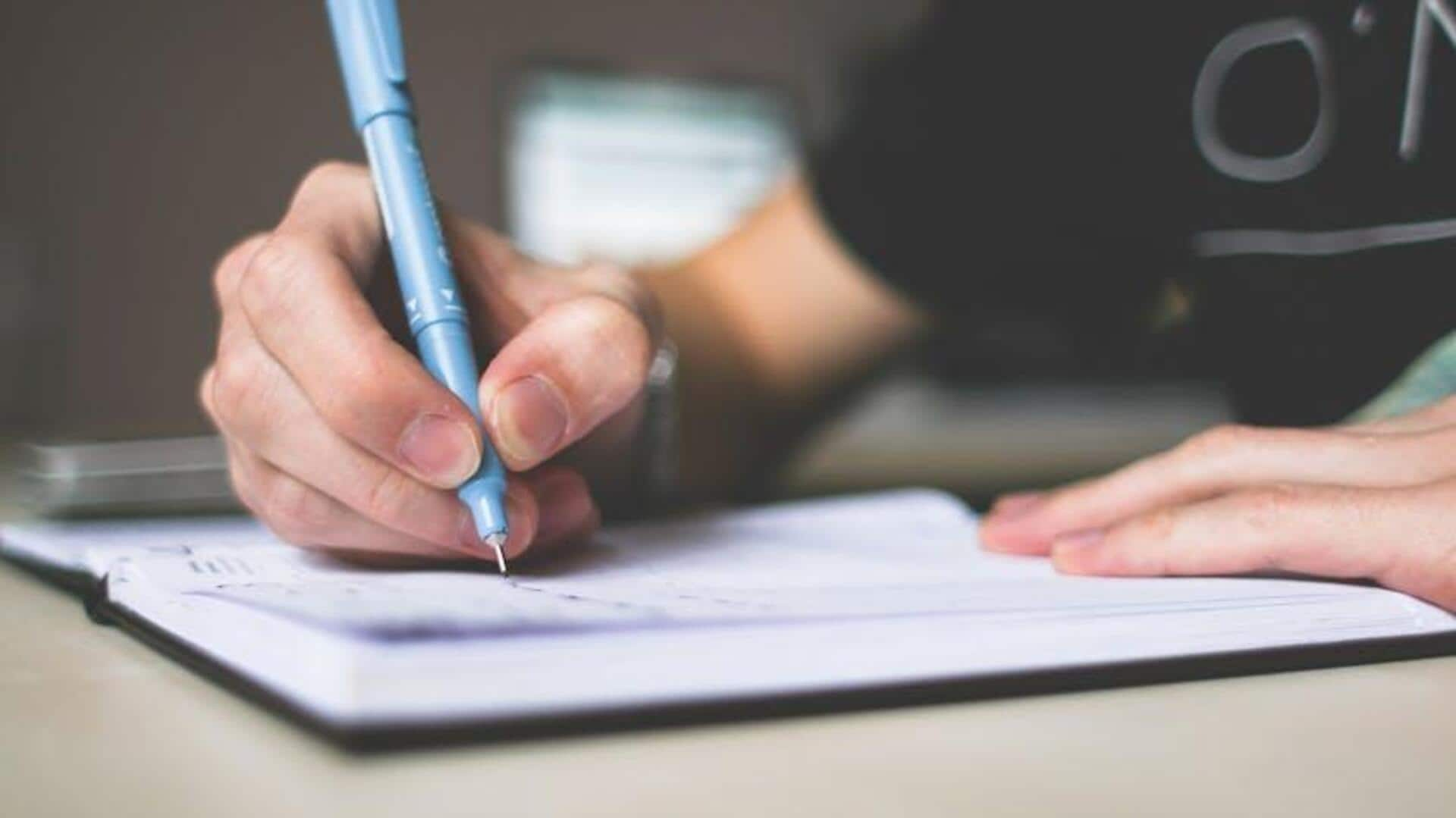
5 ways to enhance memory retention
What's the story
Memory retention is essential for learning and personal development. With our lives becoming busier by the day, finding effective ways to improve memory can prove to be beneficial for both students and professionals alike. In this article, we explore five creative ways that can help you improve memory retention. These methods are backed by science and practice, and offer different ways to suit varying preferences and lifestyles.
Visual aid
Visualization techniques
Visualization is all about creating mental images to represent information. By associating facts or concepts with vivid images, you can improve recall. The technique taps into the brain's natural ability to remember visual cues better than abstract data. For example, if you can turn a list of items into a story with colorful characters, it would be easier to remember.
Structured recall
Mind mapping
Mind mapping is a method to organize information visually through diagrams. It helps structure your thoughts and ideas around a central concept, thereby making connections clearer. This way, not only does it help in understanding complex topics, but it also improves your memory by linking related information together in an easily retrievable format.
Grouping strategy
Chunking information
Chunking is the practice of breaking down large volumes of information into smaller, manageable units or "chunks." This technique minimizes cognitive load, making it easier for the brain to digest and remember information. For instance, remembering a phone number as two sets of three digits instead of six individual numbers can greatly enhance recall.
Timed review
Spaced Repetition System (SRS)
Spaced repetition is a learning technique where you review information at increasing intervals over time. By doing so, you leverage the psychological spacing effect, which states that spaced reviews ensure better long-term retention than cramming all at once. Using flashcards or digital apps designed for SRS can help you do this easily.
Memory aids
Mnemonic devices
Mnemonic devices are tools that help encode difficult-to-remember information through patterns (acronyms, rhymes, etc.). These aids simplify complex data by creating associations the brain can retrieve later on. For example, using acronyms like "HOMES" for remembering the Great Lakes (Huron, Ontario, Michigan, Erie, Superior) is a perfect example of this technique's effectiveness in enhancing memory retention.